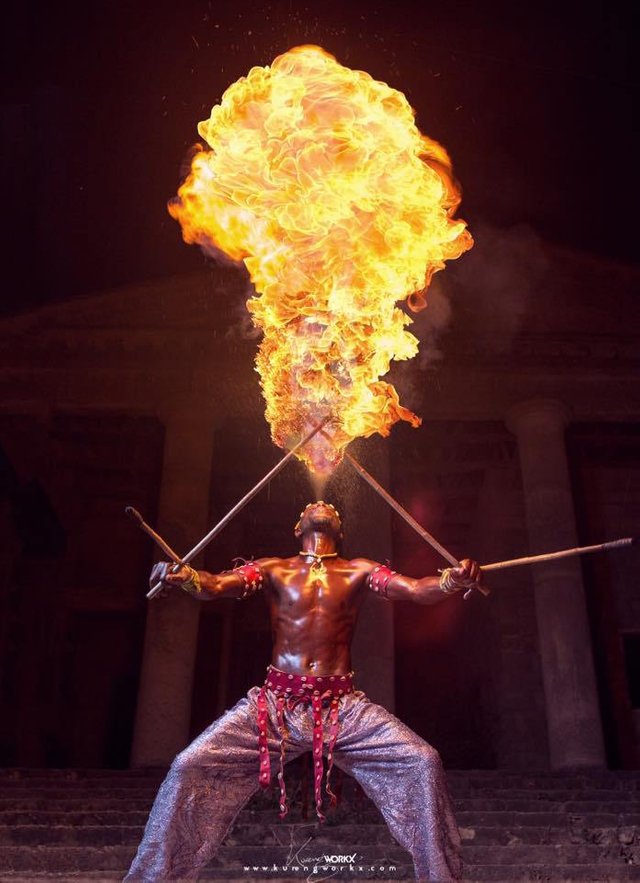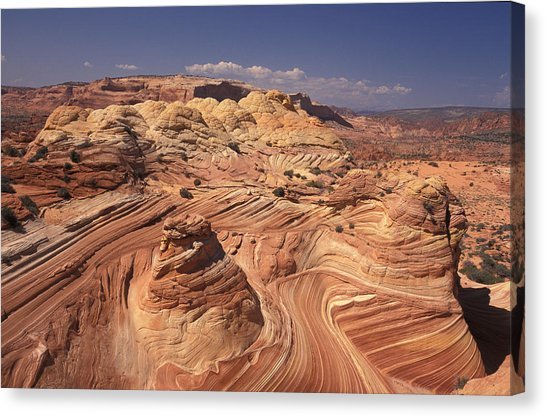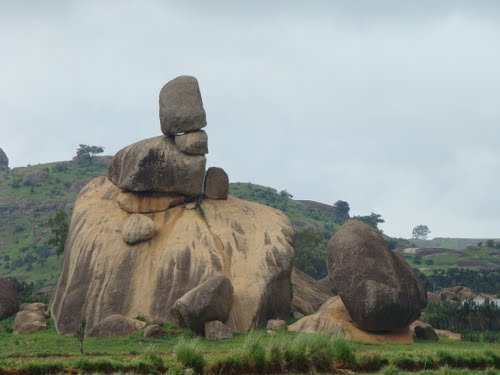Plateau (State, Northern Nigeria)
Named after the most prominent geographical feature in Nigeria's central regions, Plateau state located atop the Jos Plateau is one of Nigeria's most naturally endowed and scenic states, land mass above sea level, as well as artificial hillock and lakes which bear testament to its history as an important mining town.
Plateau state was created in February of 1976; being the northern part of the old Benue-Plateau state which was created out of the old northern region by General Yakubu Gowon in 1976. Plateau state was again split in 1996 by General Sani Abacha's administration, as Nasarawa state was created from its western regions.

image source
Jos, the administrative capital of Plateau state, is believed to have been a major settlement for the ancient Noks, whose fine art work has been studied for decades. While the Noks, vanished mysteriously several centuries ago, it was the mines in which their terracotta art piece got unearthed that saw to the rise of Jos as a major cosmopolitan centre in recent times.
Since the discovery of commercial quantities of tin during the early colonial years, Jos has attracted droves of Nigerians and foreigners alike; first to its mines, and later, purely for its clement weather and serenity.
Plateau state is divided into 17 Local Government Areas: Barkin Ladi, Bassa, Bokkos, Jos East, Jos North, Jos South, Kanam, Kanke, Langtang North, Langtang South, Mangu, Mikang, Pankshin, Qua'an Pan, Riyom, Shendam and Wase. It shares common land boundaries with Nasarawa state to the southwest, Kaduna and Bauchi states to the north, and Taraba state to the south.
Its population of about 4 million consists of several fairly district ethno-linguistic groups including the Berom, Afizere, Ngas, Jarawa, Naraguta, and Hausas, among many others. Unlik most of the states and cities located to its north, the Jos Plateau was not conquered by the 19th century Fulani Jihad. Thus, Christianity is the dominant religion in the state, though the Hausa language is just as widely spoken as the official English.

